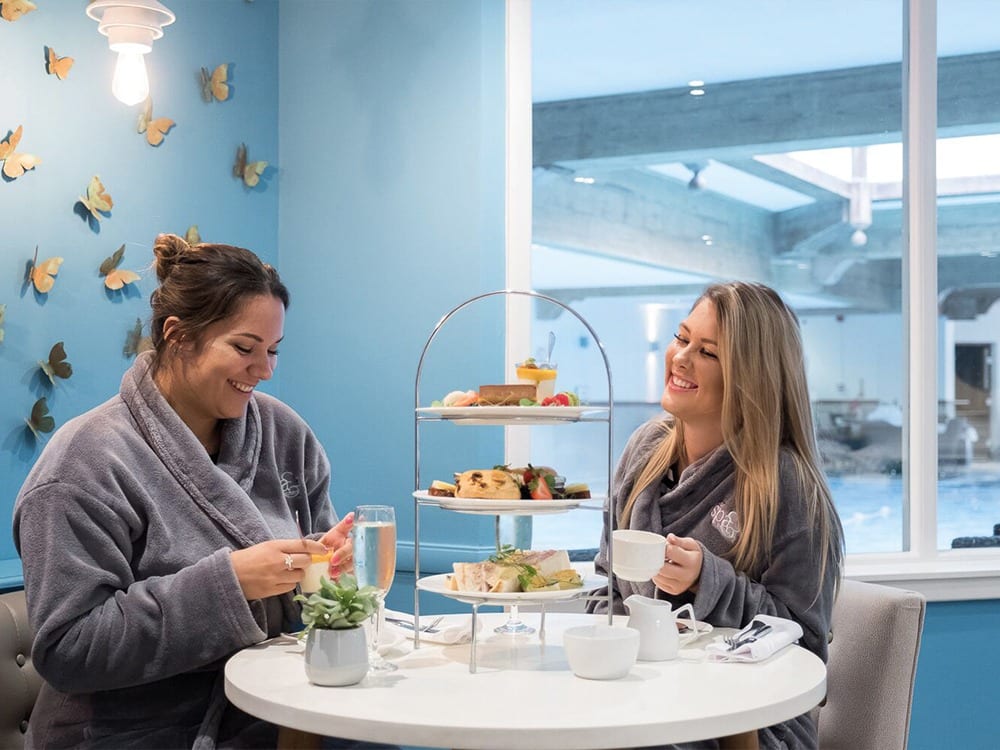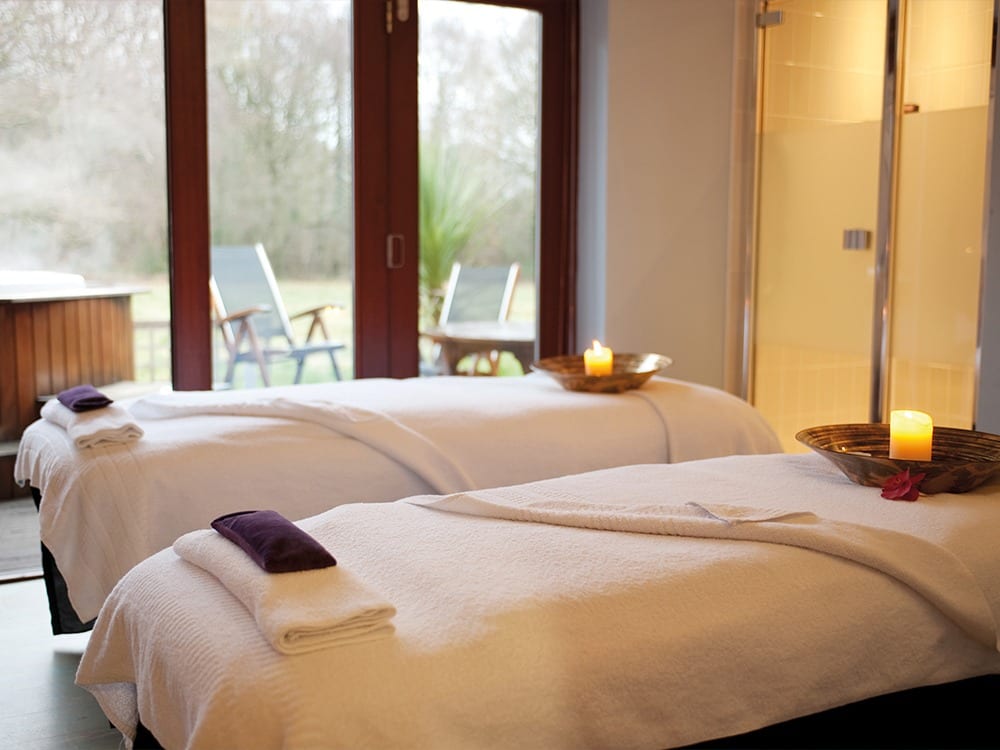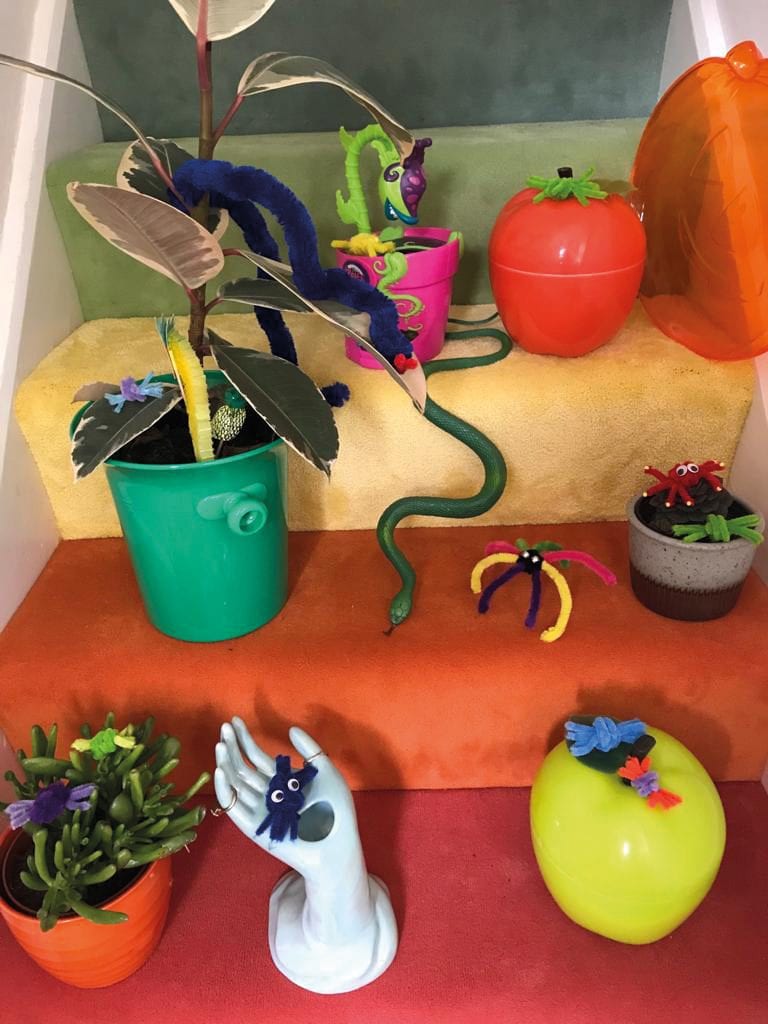Solent Hotel & Spa in Fareham, Hampshire, has the perfect spa break and dining packages to help you hit the “reset” button and offers a great base to explore the south coast
Do you believe in fairytales? My daughter is always asking me this – it’s her current obsession. For me, sleep is the miraculous saviour and life-restorer, better than any charming prince.
So I know something magical has occurred when I wake up in my serene bedroom having missed breakfast (this never happens – I‘m as greedy as I am frazzled) unsure how I’ll leave the comfiest bed I’ve ever had the joy of lying on…
Rewind to the previous afternoon, I’d arrived tightly wound, even for me. After the usual juggling act, I was in the nick of time for my taster treatment in the calming sanctuary of the spa, adjoining the wooden-beamed hotel. Winner of a World Luxury Spa Award last year, the team are expert in treatments devised by the gorgeous Bordeaux-born skincare brand Caudalie which combines science with the ancient secrets of wine (yes, wine). I felt instantly calmer when I met Imogen who then proceeded to take me to a different level by delivering a Des Vignes back massage. I can never usually get the pressure I crave to ease my knotty shoulders, but this treatment seemed to knead away my tension, leaving me feeling light as air in body and soul.
As much as I love Oxford, it’s landlocked and nothing appeals to my soul as much as a seaside break. The hotel and spa feel like a breath of fresh air, decked out in calming azure tones. After enjoying the steam room and sauna, alongside the pool, I was delighted to find my haven for the evening was more of a welcoming luxury penthouse than a room, with double of everything (even two tellies!), a beautifully stocked fridge and a welcome gift of local fudge and chocolates.
Nothing appeals more on the coast – especially after an indulgent afternoon – than fresh seafood and the restaurant does not disappoint on this score. The AA rosette-winning Terrace is cosy and chic and we went up to the chef’s table to admire the fish on offer – you can have this cooked to order or go a la carte if you’d rather leave the decision-making in the capable hands of the chefs. Unable to choose just two, my friend and I loved our trio of dishes, including king prawn linguine and sumptuous scallops on a samphire bed. The cocktail and pudding menu also make this the perfect destination for any special event.
Solent Hotel & Spa (PO15 7AJ) is the perfect base from which to explore the Isle of Wight and other Hampshire delights. If you too want to feel like a princess, check out the great deals such as the Escape Spa break which offers amazing value.




![]() To find out more and to book your visit, go to Solent Hotel
To find out more and to book your visit, go to Solent Hotel



















